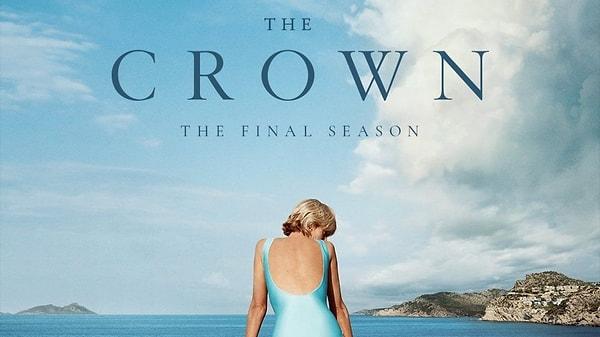The sixth and final season of 'The Crown,' a popular Netflix series, focuses on the life and tragic death of Diana, Princess of Wales. This season starts in 1997, capturing one of the most turbulent periods in recent British history, including the aftermath of Diana's divorce from Prince Charles and concluding with Charles's wedding to Camilla Parker Bowles in 2005. The early episodes are dedicated to the events leading up to and following the 1997 car accident in Paris that resulted in the deaths of Diana and her companion Dodi Fayed, sparking widespread grief and anger against the royal family.
The Crown's Final Season: Focusing on Diana's Tragic End

The Crown's Reflections on 'The Queen': Queen Elizabeth's Dilemma Post-Diana's Death

The season revisits themes from Peter Morgan's 2006 film 'The Queen,' which also dealt with the same period, notably Queen Elizabeth II's response to Diana's death. It portrays Queen Elizabeth (played by Imelda Staunton) deliberating whether to stay in Scotland with her grandsons or travel to London to address the nation as the tabloids and the Prime Minister were urging.
Blending Fact and Fiction: The Crown's Portrayal of Mohamed al-Fayed and the Speculative Nature of Diana and Dodi's Story

In addition to the royal family, the show also explores the story of Mohamed al-Fayed, Dodi's father, and includes imaginative elements like the appearance of Dodi's and Diana's ghosts in conversations with their loved ones. The research team for the show, led by Annie Sulzberger, utilized multiple sources, including memoirs, documentaries, and government inquiries, to depict the events of 1997 with sensitivity, given the many people involved who are still alive. However, the portrayal of Diana and Dodi's relationship remains speculative.
Dramatization vs. Reality: The Controversial Impact of 'The Crown' on Historical Perception and Diana's Final Days
'The Crown' acknowledges its nature as a 'fictional dramatization' inspired by real events. This approach has led to debates about its influence on public perceptions of the truth, highlighting the impact of dramatizations on shaping historical understanding, similar to Shakespeare's plays. The show's depiction of Diana's state of mind during her last weeks is described as a gentle interpretation of her relationships, contributing to a long line of portrayals of her life.

